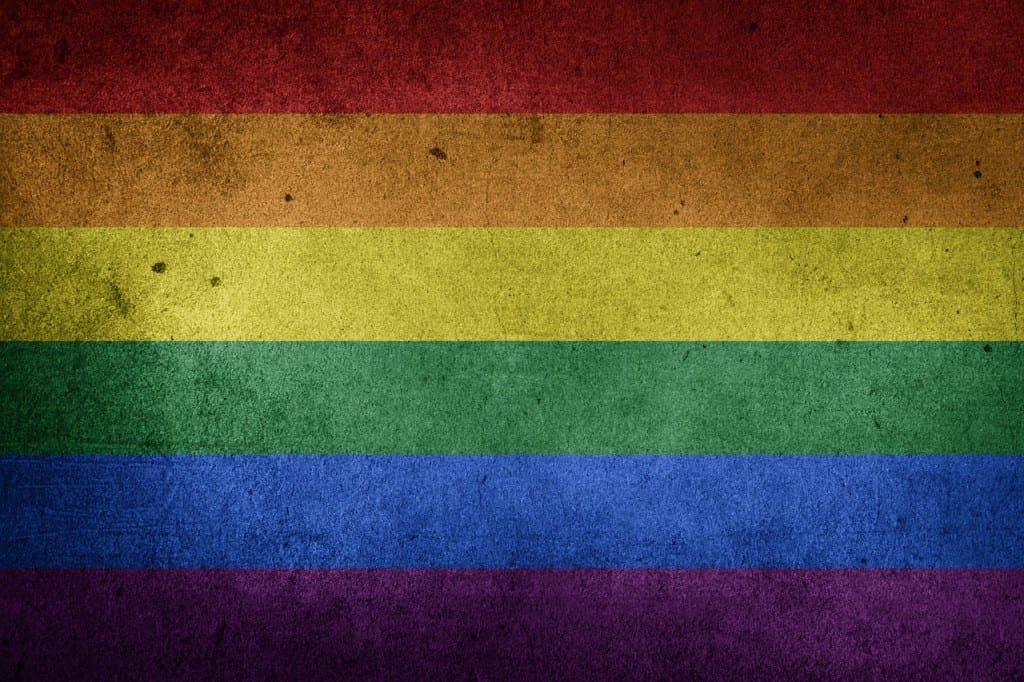
In our first installment on the very controversial subject of conversion therapy for LGBTQ minors, and whether or not the process can be considered child abuse, we talked about what conversion therapy is. We also looked at what a number of different organizations had to say on the matter. For example, the Human Rights Campaign has spoken out against it, calling it a harmful practice that increases teen suicide. Brother’s Road, however, believes very strongly that change is possible.
So who is right? Which side of the story is accurate? The truth is, the answer depends on who you ask. A map provided by Movement Advancement Project shows that only five states in the U.S. have outlawed conversion therapy. Michigan is not one of them. So what does this mean for families in Michigan whose LGBTQ children and teens who are struggling with their sexual orientation and gender identity?
Some months ago we posted an article about the suicide of a transgender teen named Leelah Alcorn, and the research into conversion therapy that was being done as a result. Alcorn arranged for her suicide note to be posted online several hours after taking her own life. In it, she expressed frustration and sorrow at her parent’s inability to accept her for religious reasons. In addition, she also said that she was angry at them for forcing her into conversion therapy.
In an article published in Time in the wake of Leelah Alcorn’s suicide, Fallon Fox, a transgender mixed martial artist, spoke out about her experience with conversion therapy. “Conversion therapy is treatment whose goal is to change homosexuals to heterosexuals, and to convince transgender people to identify with the sex and gender they are born as. I cannot express how harmful it was to my psyche, and I became suicidal when I went through it.”
According to the Human Rights Campaign, “Beyond studies focused solely on reparative therapy, broader research clearly demonstrates the significant harm that societal prejudice and family rejection has on lesbian, gay, bisexual, transgender and queer (LGBTQ) people, particularly youth.” In addition, they point out that “Minors are especially vulnerable, and conversion therapy can lead to depression, anxiety, drug use, homelessness, and suicide.”
Perhaps, in order to understand why so many people believe that conversion therapy is abusive to children, one has to understand why they believe it. According to Jessica Valenti, an author of four books on feminism, politics and culture, “If you tell a child or teenager they’re not good enough, that they’re worthless, that who they are is broken or wrong, that’s abuse.” But is that what conversion therapy is? Do therapists who practice “reparative therapy” tell LGBTQ minors that they are not good enough, or that they are worthless?
Because the treatment is often provided outside of mental health settings, which are regulated, we may never know. What we do know, however, is that on the Brother’s Road website, one of the first things they mention when talking about addressing possible change, is that the choice should lie with the person undergoing treatment. “Other people may loudly proclaim that they know the right path for you to take, but do they really? Remember: You get to decide. It’s your life. You choose how to live it.”
Perhaps this right here is the crux of the issue. Because teens are minors in the eyes of the law, and are the responsibility of their parents until they reach the age of 18, it is those parents who make the decisions based on what they believe is best for their children. This in turn, creates a great deal of strife when what the parents believe is best conflicts with what the child believes is best for themselves. So who is right? Should parents be free to do as they see fit for their children? Or should the state be free to govern what parents may do in deciding their children’s future?
Join us next time, when we will continue this difficult topic, and continue looking at what experts and the law have to say about conversion therapy. Until then, if you have been accused of abusing a child, please contact us immediately and talk to one of our experienced child abuse and neglect defense attorneys. We can be reached around the clock at 800-576-6035 in case your situation is an emergency, or you need help immediately.
